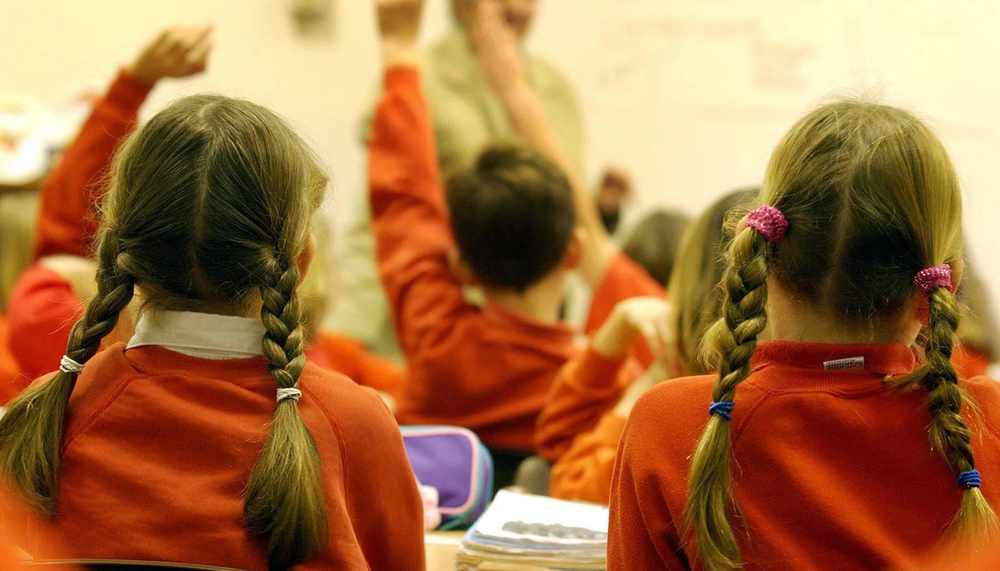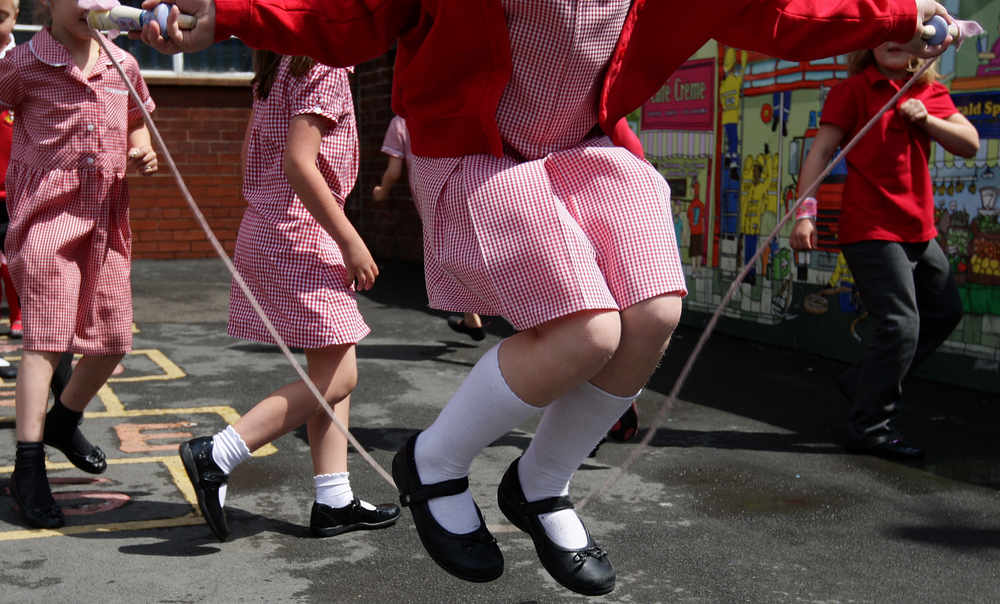And high childcare costs are forcing some parents to place their children into illegal childcare settings – sometimes paying as little as £1 an hour.
Even parents with a combined income of up to £50,000 are struggling to provide good quality support to their children as full-time care for two pre-school children costs around £2,000 a month.
Meanwhile, the report found that the Island’s health visitors, who check on children during their early years, are overstretched with an average case load of 330 preschool children – higher than the UK recommended figure of 250.
Professor Philip Wilson and Dr Louise Marryat, who wrote the report, today called for changes to be made to improve early child development in the Island, including introducing publicly accessible reports on inspections of pre-school establishments, bringing Jersey in line with the UK, increasing the number of health visitors and urgently addressing the gap in data held on Island children.

The report was commissioned by the UBS Optimus Foundation, a branch of the financial services firm. Tom Hall, head of UBS Philanthropy UK, said that several high-net worth Islanders had expressed an interest in improving child development and he expected a figure ‘around the million pound mark’ being donated to the cause. No further details of this have been released.
A key finding of the report was that there was a lack of data on pre-school children, particularly those who move to Jersey after birth, because the Island has a less formal system than the UK for collecting data. It found that there were a number of cases where children only became known to the authorities when they arrived at school.
Prof Wilson said: ‘The quality of the information of early childcare development is really quite poor. We don’t even really know who all the children are.
‘There are some families who are flying under the radar. Even the children we do know about we don’t know much about their achievements until they get to school.’

He said he had been ‘surprised’ by the low coverage of health visitor checks undertaken when a child reaches two to assess language skills and physical ability. In Jersey coverage could be as low as 60 per cent while in the UK it is around 90 per cent, he said.
Prof Wilson said the scale and nature of unregulated childcare was also unknown and called for an inspection system similar to Ofsted in the UK.
Childcare becomes illegal when a child is looked after by someone who is not registered, not a relative, but are paid and look after a child for more than two hours.
Prof Wilson said: ‘The problem is if there is a high ratio of children to competent adult carers then there children are going to be unstimulated. There is a risk that it is more like warehousing than nurturing children.’
The report also found that around a quarter of children on the Island have been referred to speech and language therapy, which Prof Wilson said could indicate that many Jersey children have ‘developed in a language-impoverished environment’.
Chief Minister, Ian Gorst said the report would be useful to Jersey’s Early Years Task Force, which he set up in January to identify gaps in existing services and bring forward proposed solutions.
He added: ‘There is already much that we do very well. That said, we acknowledge more needs to be done if we are to ensure that all children get the best start in life.’
A Health spokesman said that the Department had received a copy of the report and would be reviewing it fully.

TODAY’S revelation that poor quality data handling means that many young children are only becoming known to the authorities when they start school raises a number of concerns.
According to a report released today by the UBS Optimus Foundation into early child development issues, inadequate information is held by medical professionals and States departments.
Some parents of those ‘unknown children’ are turning to illegal childcare, and paying as little as £1 an hour so that they can go out to work.
Chief Minister Ian Gorst has acknowledged that ‘more can be done to ensure that all children get the best start in life’.
But how can he do that if he does not know how many pre-school children there are in Jersey?
As a matter of urgency, the States must get a handle of how many children are arriving with families coming to live in Jersey.
Without a more thorough approach to population, how can Jersey properly plan for the future?







